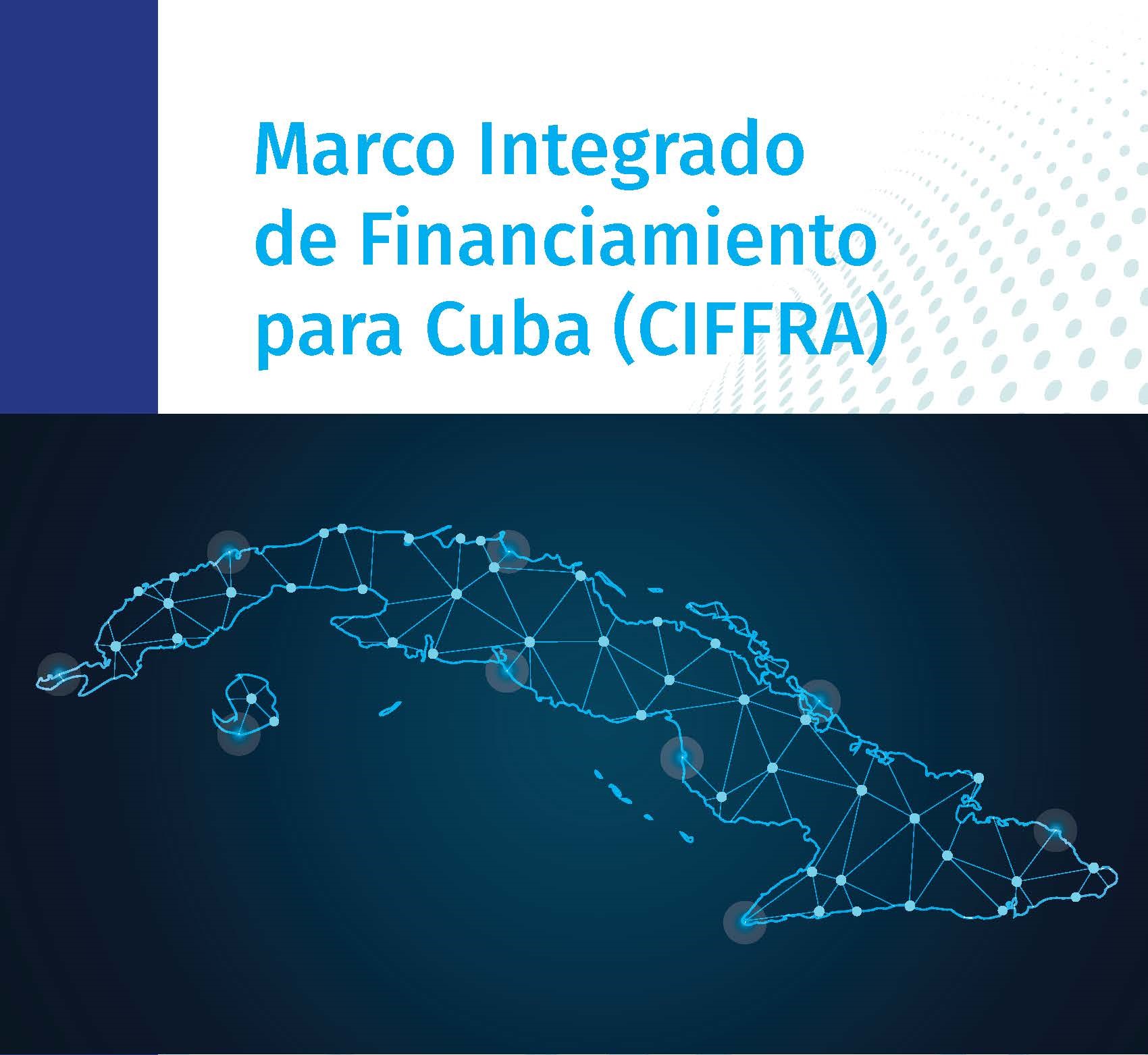Program Supports the Development of an Integrated National Financing Framework for Achieving the SDGs in Cuba
Work area(s)
Participating in the initiative, which is led by ECLAC, are UNDP and the United Nations Resident Coordinator’s Office in that country.

The Cuban financial landscape is marked by unstable, undiversified and largely unsustainable access to sources of development financing. Given the existence of a reduced and narrow range of sources of financing (family remittances, foreign direct investment, bilateral loans, official development assistance), the country depends on current flows – especially exports – to finance production, public services, infrastructure and development. This is an especially adverse context, even though Cuba is a middle-income country.
In recent years, the toughening of the U.S. blockade, the effects of the international crisis associated with the COVID-19 pandemic and the conflict in Eastern Europe, along with the accumulation of domestic imbalances, have intensified restrictions on development financing and the need to access new sources of financing, both public and private, national and international, traditional and innovative.
In this context, the joint program known as "Support for the development of an Integrated National Financing Framework for the SDGs in Cuba" (CIFFRA) was established, as part of more than 70 initiatives supported by the United Nations’ SDG Fund.
This program was carried out by the United Nations System in Cuba, through the Subregional Headquarters in Mexico of the Economic Commission for Latin America and the Caribbean (ECLAC), and it included the participation of the United Nations Development Program (UNDP) and the Resident Coordinator’s Office. Its aim is to contribute to the development of an Integrated National Financing Framework (INFF) as a tool for planning, defining and evaluating gender-sensitive financial policies, useful for improving their efficacy and promoting the resource mobilization needed to achieve the Sustainable Development Goals (SDGs).
CIFFRA is part of a family of integrated national development financing frameworks (INFF)[1]. These tools enable countries to develop strategies for boosting investment, managing risks and increasing the coherence of financing policies, both in and of themselves and with national development plans.
As part of this concept, CIFFRA sought to evaluate and rethink the policy strategies geared towards increasing, diversifying and optimizing the sources of development financing in Cuba. From July 2020 to March 2023 (33 months), CIFFRA carried out a broad program of assessment exercises and policy recommendations on development financing policies in the country. This process was profoundly participatory and featured a strong commitment from Cuban authorities as well as close coordination between the participating United Nations agencies (ECLAC as the leading organization, UNDP and the Resident Coordinator’s Office).
An extensive research and debate process with authorities, academics and experts enabled the preparation of 25 strategic documents and 5 new methodological tools, in addition to the holding of 30 seminars for training and/or the presentation of results.
Based on these inputs, CIFFRA put forth a proposal for an Integrated National Financing Framework for Cuba, based on 5 strategic pillars. The proposal contains more than 100 policy recommendations, with emphasis on promoting exports and foreign direct investment, the financing of a productive transformation, attracting and channeling remittances, and the development financing strategy’s governance mechanisms. At the same time, 4 tools for modernizing public finances were developed.
In addition to its valuable technical recommendations and the creation of tools for strengthening public administration, CIFFRA made other important contributions: i) it allowed for a more holistic approach to development financing debates in the country; ii) it promoted a public-private debate, and with national stakeholders, to generate consensus; iii) it contributed to consolidating good practices for joint work between United Nations System agencies; and iv) it created space for new collaboration projects on financing for development and related topics.
[1] See: https://inff.org/
Related content
Subregional headquarter(s) and office(s)
Type
Country(ies)
-
Cuba
Related link(s)
Contact
ECLAC Subregional Headquarters in Mexico, Mexico, D.F.
- registromexico@cepal.org
- (52 55) 4170.5600